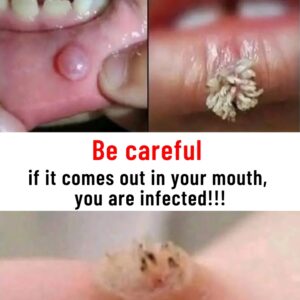Kidney disease is a serious condition that affects millions worldwide, occurring when kidneys are damaged and can’t function properly. They “play a crucial role in maintaining the balance of fluids and electrolytes,” while also filtering waste from the blood. Early detection is vital, as untreated kidney disease can lead to failure, requiring dialysis or transplant.
Your body often signals kidney trouble. One key sign is “changes in urine production,” such as increased frequency, decreased flow, or foamy urine. Persistent “fatigue and weakness” may result from anemia caused by kidney issues. Fluid buildup can lead to “swelling,” often in the legs, hands, or face. “Back pain” below the ribcage, especially with a urinary infection, can also indicate kidney problems. Additionally, “unexplained weight loss or loss of appetite” may signal toxin buildup.
Other symptoms include “nausea and vomiting,” often after meals, “difficulty sleeping,” a “metallic taste in the mouth,” muscle cramps, and “itchy skin” from toxin accumulation.
Prevent kidney disease by maintaining a “healthy lifestyle,” including a balanced diet, exercise, proper hydration, and avoiding smoking. Monitor medications and get your kidneys checked if you’re at risk. “Early detection and timely treatment hold the key” to protecting kidney health.




